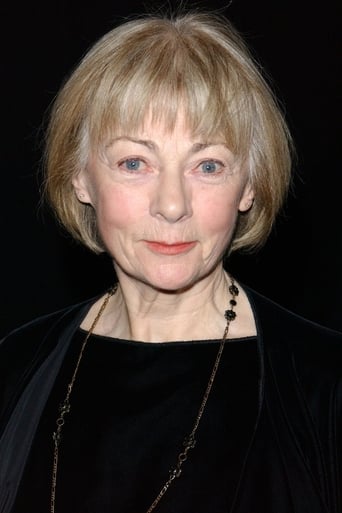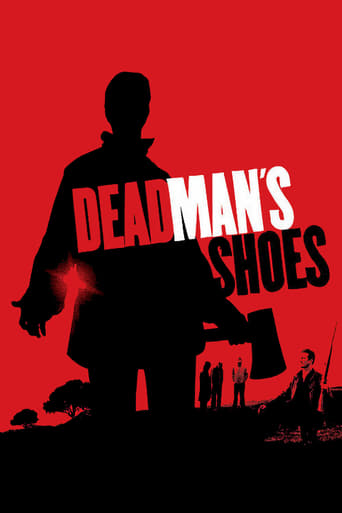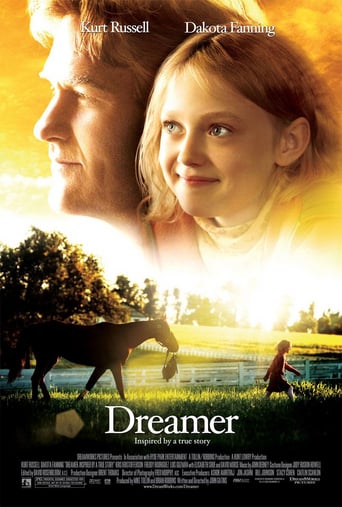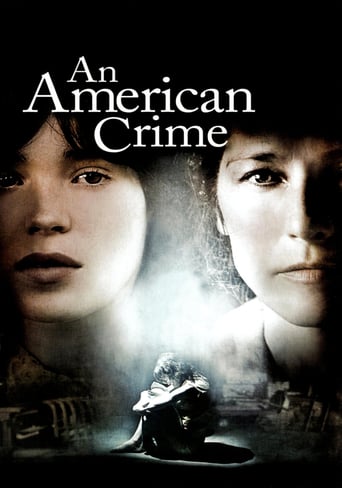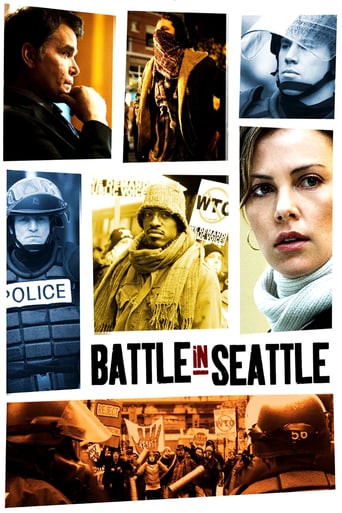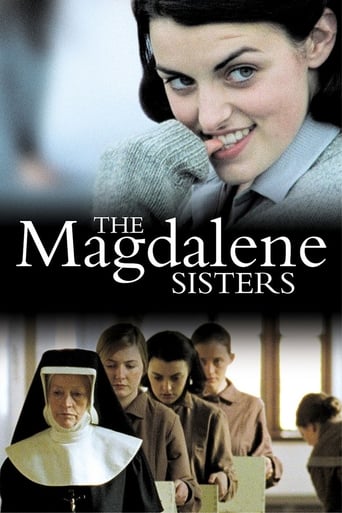
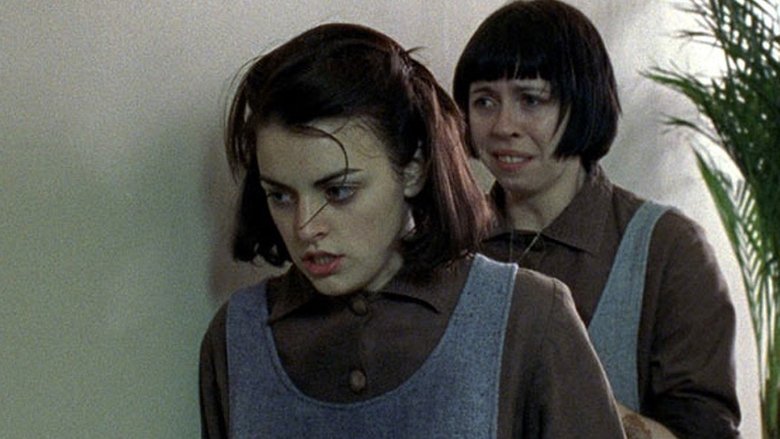
The Magdalene Sisters (2003)
Four women are given into the custody of the Magdalene sisterhood asylum to correct their sinful behavior: Crispina and Rose have given birth to a premarital child, Margaret got raped by her cousin and the orphan Bernadette had been repeatedly caught flirting with the boys. All have to work in a laundry under the strict supervision of the nuns, who break their wills through sadistic punishment.
Watch Trailer
Cast


Similar titles
Reviews
I suppose watching this film in a theater is much more enjoyable than on television or videotape. I viewed it twice on the latter two mediums and I could not understand a significant portion of the dialog because it was whispered or mumbled in a thick Irish brogue. I suppose in the theater one could tell that Crispina was being sexually abused by the priest, but I couldn't tell who it was or even if the priest was the other party. Other than the audio/visual problem, I appreciate the exposure of this dreadful practice and was staggered that it didn't end until the mid-1990s. I also admire the bravery of the actresses to film the shower scene.
The Magdalene Asylums and the treatment an estimated 30,000 'fallen' women is one of the great shames on the Irish nation and the Catholic Church, which the Irish government only apologised for in 2013. The British-Irish co-production of The Magdalene Sisters set out to tell the true story of a group of young women who suffered at the hands of the Church and their families.Starting in 1964, The Magdalene Sisters focuses on three women, Margaret (Anne-Marie Duff) who is raped by her cousin during a wedding, Rose (Dorothy Duffy) who had a child out of wedlock and was forced to give him up for adoption and Bernadette (Nora Jane No one), a teenage orphan who has the audacity to flirt with boys and is sent to the asylum, even though she is a virgin. At the asylum, each the woman all have to atone for their 'sins', through hard labour in the laundries, participating in prayer and can only be freed on the grace of the Mother Superior Sister Bridget (Geraldine McEwan).The Magdalene Sisters has a rape scene within the first five minutes sets the tone that this is going to be a bleak, hard-hitting drama about a truly appalling institution. Writer-director Peter Mullan felt this was a story that he needed to tell. Mullan does showcase the physical and mental abuse that these women went through, who were humiliated, dehumanised and used as slave labour. The nuns of this institution are made out to be sadists who use Catholic beliefs as a justification and a method of control on the women, while Mullan shows the hypocrisy of the church in its various forms.The Magdalene Sisters is mostly set in a small, claustrophobic environment and Mullan uses this microcosm to explore some wider psychological and sociological. The character of Katy (Britta Smith), a woman who had been in the asylum for 40 years, is so institutionalised, that she acts as an extra enforcer for the nuns, under the hope she can complete a pendant. All of the other women are completely rejected by their families and have to join the order because they have nowhere else to turn.When Mullan does take us outside of the asylum he portrays the conservative nature of Irish society at the time. The public look down the women when they are allowed out, seen as the lowest of the low, the state offering some complicity, as police occasionally help the nuns. On the other side of the coin, young men see the women of the asylum as easy because of their reputation for being 'whores' and 'sluts'.Each of the actors give their all for the film and they had given the heavy material. The film is blessed with a talented cast and for many of the actresses, The Magdalene Sisters is their biggest credit. The tragedy is played to the fullest, as these women suffer inside and outside the asylum, yet Rose and Margaret keep their kind aspects of their characters and Bernadette reminds a fiery woman who does not crack to the punishment she has received. In comparison the naive and kind-hearted Crispina (Eileen Walsh), a young woman with properly learning disabilities, who is abused in various forms and is the character who suffers the most.Mullan made an incredibly important film, looking at tragic historic story where many women suffered. This is a film that is furious towards the Catholic Church and Mullan does portray many hard scenes in physical and emotional abuse, filled with violence and nudity. It is a tough yet rewarding watch. But if you think the treatment the women suffered in this dreadful Mary-Jo McDonagh, a former Magdalene inmate said that the reality was even worst.Please visit www.entertainmentfuse.com
What is the difference between the parents of the girls in the asylum and the nuns who ran it? Absolutely nothing; they were both guilty of unspeakable crimes against these girls.What is the difference between the nuns and Southerners? Absolutely nothing; they both used people as slaves.The nuns silence as a weapon to keep the women from getting to know each other. One woman (Mary Murray) who ran away is brought back by her father (Peter Mullan), who beats her up in front of the women in the dormitory. Her hair is then cut off by Sister Bridget (Geraldine McEwan) in an attempt to further degrade her. In another instance, the three new arrivals along with others are forced to stand naked in front of a nun who ridicules their body parts. Crispina (Eileen Walsh) is sexually abused by a priest.The Catholic Church has never apologized for the horrendous and inhumane treatment of over 10,000 girls that were imprisoned in these asylums over a period of 70 years, ending as recently as 1996. To this day, various Christian, Jewish and Islamic fundamentalists continue to subjugate women on account of their fear and hatred of female sexuality and freedom.
After having read the reviews on here, I was expecting to see something like "Irreversible" times 10; a lot of the users on here exaggerated the animosity of the nuns as portrayed in the film. There are many elements within the convent that can really irate someone and the fact that it is a true story is even more infuriating. The acting is very good, the women in the film act out their anger and desperation very well, as do the nuns their sadistic nature. However, make no mistake: this is not a violent film, despite what you might have read in the other reviews. On the contrary, it leaves a lot to the imagination, apart from a few scenes. Like "In the name of the father" this film made me want to jump in the screen and smash the nuns' teeth in. Overall, a very good film.




